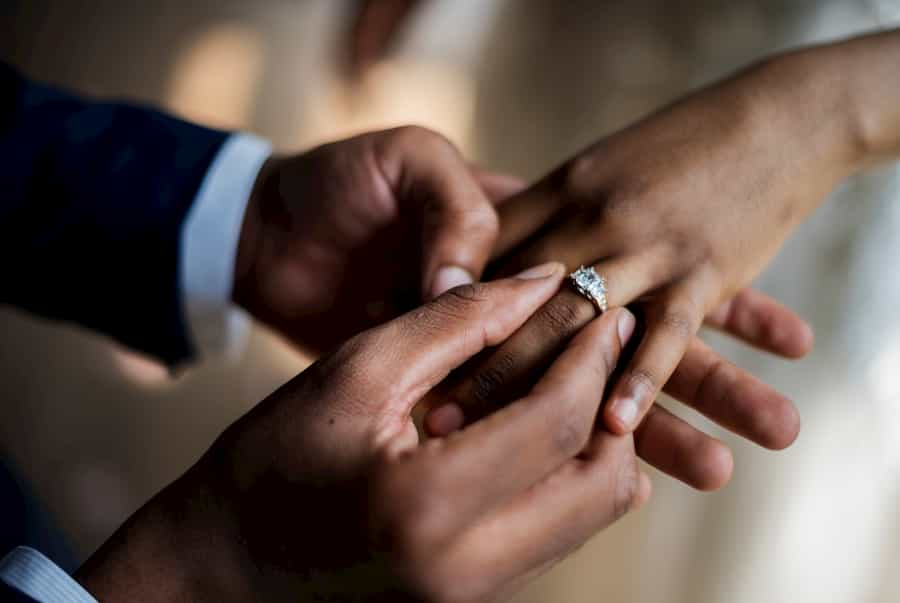
Forced Marriage Protection Orders Protecting Potential Victims
In 2014, it became a criminal offence to force one or both persons to marry, including taking them abroad to marry and coercing them into marrying, as well as those who are unable to give their consent freely, such as those with reduced capacity or learning disabilities.
The Family Law Act 1996 introduced Forced Marriage Protection Orders (FMPO) which are aimed at protecting potential victims who have been, or are being forced into marriage and help remove them from the situation. A breach of an FMPO was not a criminal offence, unless the Court attached a power of arrest, which enabled police to arrest a person they suspected was in breach or may breach any provisions of the order.
If no such attachment had been made, it would fall to the victim to apply to the court for a warrant to arrest and the person suspected of breach brought back to Court to decide whether there has been a breach. The Anti-Social Behaviour, Crime and Policing Act 2014 eventually criminalised forced marriages and any breaches of a FMPO, carrying a maximum penalty of 5 years imprisonment.
It is not only a victim or potential victim of a forced marriage that can apply for a FMPO, any person who feels a someone is at risk can make an application, including local authorities. The order can also be made against anyone involved in the forced marriage, such as parents, siblings as well as the future or current spouse.
An FMPO can be issued for as long as required, either for a specified time or with no time limit that will remain in force until the court recalls it. In the last 10 years, more than 1,800 FMPOs have been made.
FMPOs can be used in conjunction with other measures such as wardship proceedings to protect children, giving the High Court parental responsibility for a child.
A recent case highlighting FMPOs is that of Princess Haya of Jordan and her estranged husband Sheikh Mohammed of Dubai, in an unprecedented case for the UK court.
Sheikh Mohammed had made an initial application to have the children returned in Dubai, however, he was unable to rely on the Hague Child Abduction Convention (Hague Convention) as Dubai is not a signatory to the 1980 Convention whose aim is to preserve child arrangements that were in place before supposedly wrongful removal was made.
The case instead was brought to the English courts by Princess Haya, in a move to protect her children. Applications were made for a non-molestation order, a FMPO and a wardship. If the child becomes a ward of the court, it will be up to the discretion of the court whether the child may be removed from England and Wales. The application for a FMPO was sought for one of her children, which again if granted will prohibit travel out of England and Wales.
The case is due to commence the 11th November 2019, so time will tell whether the Princess’s attempts to stop the return of her children to her husband will be granted.
We will keep you updated with what happens with the case.










